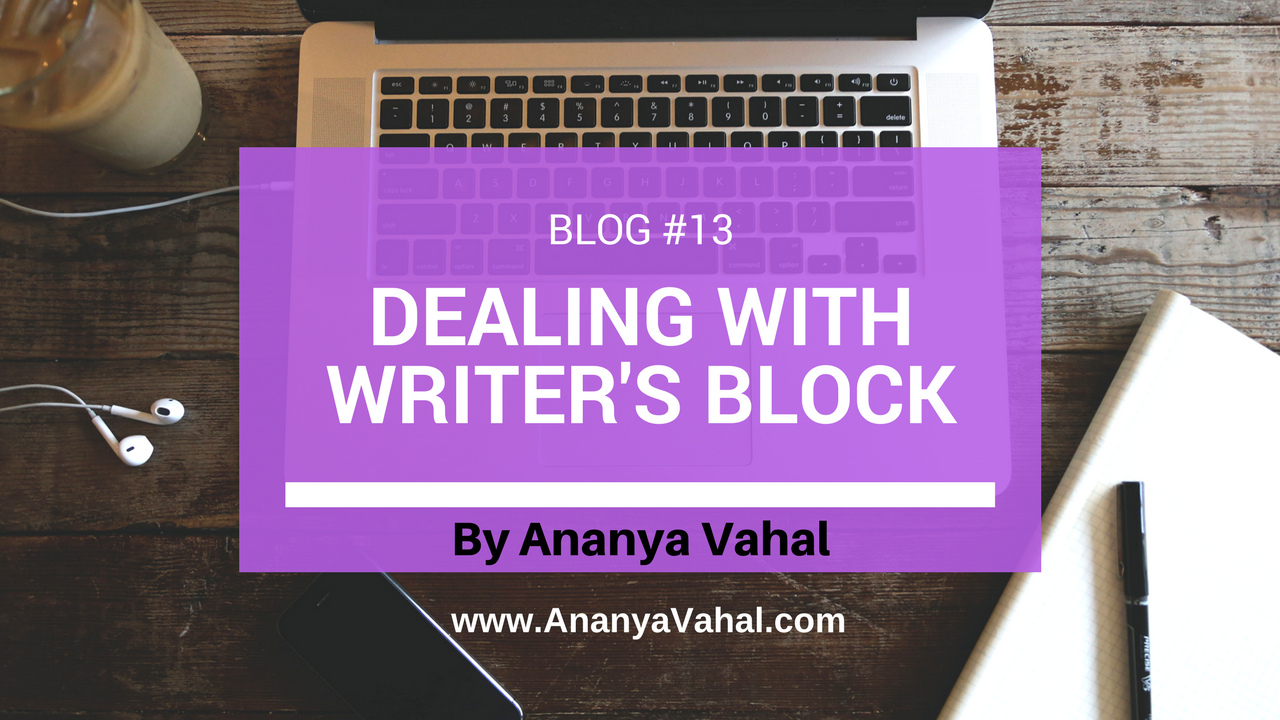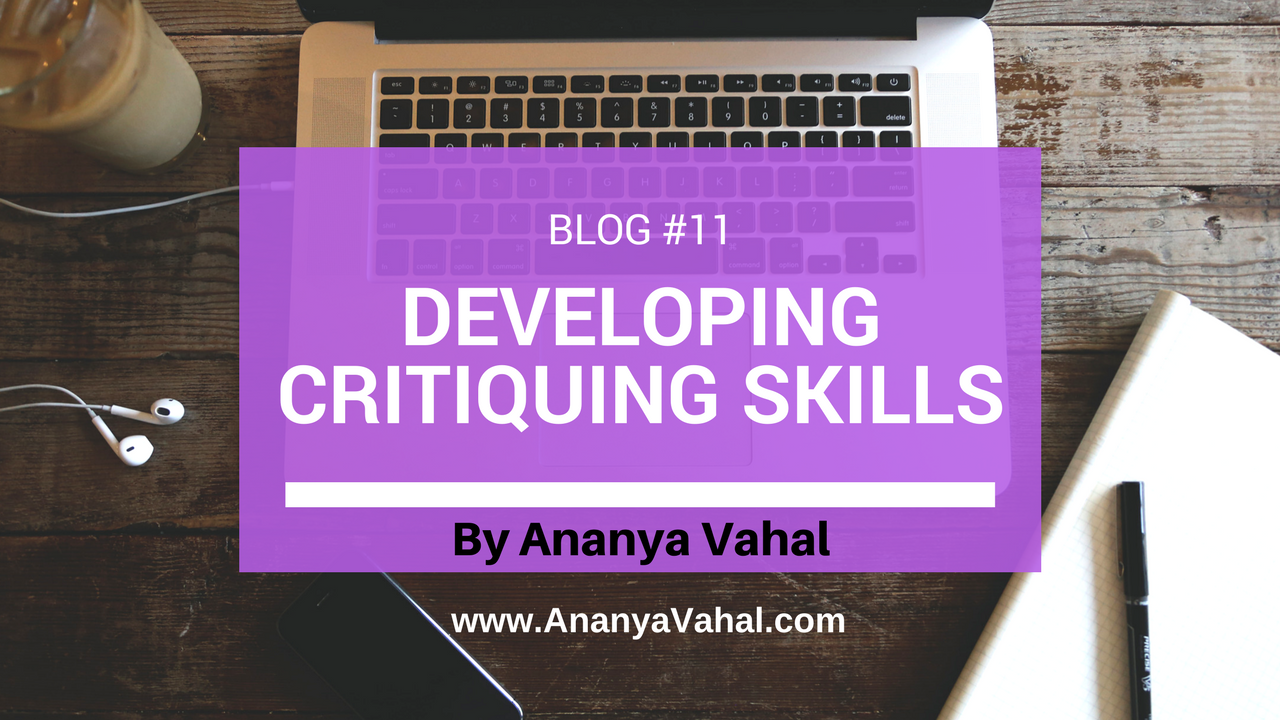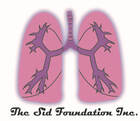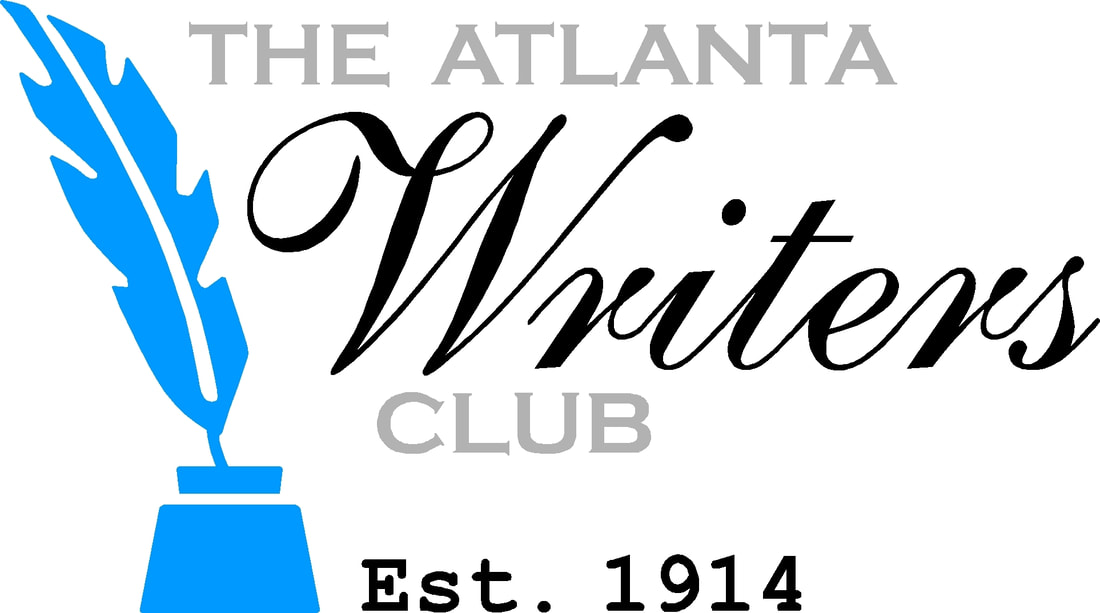|
Although our reasons might be different, we all experience the infamous writer’s block at some point in our writing process. Personally, I have experienced writer’s block for two reasons so far. One, fear, which I talk about in my blog “Dealing with Fear” and, two, losing my strong consistent voice. Several of my fellow writers have discussed this topic with me and have similar reasons as to why they experienced writer’s block.
I want to share with you some strategies that helped me overcome writer’s block.
These are some of the ways that I have been able to overcome writer’s block in the past. As I continue with my memoir writing process, I’m sure I will experience writer’s block again for different reasons. This is something that we all have to constantly work on as writers. So, please share with me your experiences with writer’s block and how you have dealt with it in the past. I want to thank those of you who have been reading my blogs and engaging with them. I truly appreciate your feedback, advice, and shared experiences. You all motivate me to keep writing! Next week’s blog will be about how to find a strong universal theme for your memoir. Until then… Happy Writing! :) Find me on social media. Links at the bottom of the page 👇🏽
0 Comments
In this blog, I discuss how I have learned to be bold when it comes to my memoir writing and my brand. I hope you all found this video useful. I want to thank all of you who have been engaging with my blogs and sharing your experiences with me. You all keep me motivated to keep writing! Please leave comments below with your experiences and how you gained confidence in your writing and learned to be bold. Also, feel free to share this with other writers who you think will find it helpful. My next blog will be about the infamous writer's block. Until then... Happy Writing! :) Find me on social media. Links at the bottom of the page 👇🏽 In my last blog, “The Importance of Critique Groups,” I discussed the importance of critique groups and how much they have helped me. If you haven’t had a chance to read it yet, scroll down and take a look!
Critique groups are important but they can be a waste of time or damaging to your self-esteem/writing if the people in the group don’t know how to provide critique and you don’t know how to receive critique. Here are some skills I had to learn over the years about giving and receiving critique.
These are skills I developed over the years after a lot of practice and they have made me a better critique group member and a better writer/editor. I hope you found this information helpful. Please share your critique group experiences (good and bad) and wisdom with me in the comments. I am always open to learning more critiquing skills! Also, please share resources where others reading this blog can find good critique groups. If you live in the Atlanta area, the Atlanta Writers Club has hundreds of critique groups based on genre all around metro-Atlanta so check them out here. Thank you to all of you who continue to read my blogs every Wednesday and share your wisdom and experiences with me in the comments. I’m glad you find these useful! Next Wednesday’s blog will be about how to be bold in your memoir writing. Until then… Happy Writing! :) Find me on social media. Links at the bottom of the page 👇🏽 Hello everyone and welcome (back)!
If you have been following my blogs, you’ve heard me mention critique groups several times. Well, this is because critique groups are extremely important! I was exposed to critique groups at school in my M.F.A. program. We had critique days in every class where we learned the skills of giving and receiving critiques (yes, these are skills-and very important ones!) In this blog, I want to share with you all why I think critique groups are so important for becoming a good writer and how they have helped me. The ways critique groups have helped me are: 1.) Clarity and staying on topic. Critique groups aren’t just about spelling/grammar, although, it always helps to have more eyes on spelling/grammar as well. We are writers. We are storytellers. We also often live in our own imaginations. Our jobs are to translate all of the things in our imaginations onto paper so that others, including non-writers, can understand the scope of what is in our minds. After originality, the most important skill for writing a good story (novel or memoir) is editing and revision. Once we have our story written down (or typed up), we spend even more time chiseling it into something more beautiful and understandable to others. There are so many times that I write something and it is interpreted completely differently by the reader. In order to get me out of my own head and realize what is clear and what isn’t, I need to have others look at it for me. 2.) Seeing things from different perspectives. Again, this is something that helps me get out of my own head. When others read my work they give me their perspectives on the topic or style which helps me broaden my horizons. For example, I recently wrote an essay called “Ghost” about my deceased brother. I have a logical/scientific type of brain which I have to fight to get creative sometimes. As a child I was afraid of ghosts, and as an adult I don’t believe in them but still imagine what it would be like if I saw the ghost of my brother. Even though my essay was not about whether or not ghosts exist, this was the subconscious perspective that it was written in. When I had a critique group member who does believe in spirits read my essay, she had a very different perspective on certain ways in which I told my story. Her perspective helped me broaden the way I view the topic and helped me find more ways to expand my essay and my creativity. Everyone in my critique group comes from a different life experience and perspective and I truly treasure the diversity of thought they bring to the group. 3.) Finding direction. It happens to me a lot. I start an essay with a certain theme or topic in mind but as I begin writing it, something completely different comes out. I end up writing a whole different essay. Although I always begin an essay with a direction in mind, I often lose it after I begin writing. This is where I run it by my critique group. For example, one of the members in my critique group wrote essays about different occupations she’s had over the years and the different types of people she’s met. Although her essays where about other people, there was a subconscious theme running through them that she didn’t even realize. At their core, her essays were all about her relationship with her mother. I love it when I run my essay across my critique group and they find themes and meanings in it that I didn’t even realize I was writing. This helps me clarify what my essay is about and I go back and make sure I’m using these themes on purpose instead of just having it in there on accident when I edit the essay. It gives my essay a clear direction. 4.) Confidence. I am lucky to have a critique group which consists of members that are not only skilled at writing but also critiquing. They are always honest with me in their feedback no matter how personal the essay is but they also don’t just tear me down for no reason. They always give me a balanced critique. They let me know which parts worked for them and which didn’t. For example, I have some satirical essays in memoir. When I run these by my critique group, I know which parts made them laugh and which parts didn’t. I know when it’s funny and when the joke falls flat. For my serious essays, I also know which parts tug at their heartstrings and curiosity the most and which parts are boring and need to be trimmed down. When I read through my critiques or leave a critique group meeting, I feel confident as to which parts I need to work on and which parts I nailed. After I finish editing my essay, I feel more confident in my work because I already know how readers will receive it. These are all the reasons why I think critique groups are extremely important to becoming a strong writer. I am lucky to have a great critique group. They have helped me become a better writer and editor over the years. As always, my hope is that this blog was useful to you all in some way. Please share with me your experiences with critique groups (good and bad) in the comments below. If you live in the Atlanta area, the Atlanta Writers Club has hundreds of critique groups based on genre all around metro-Atlanta so check them out here. If you all have any good resources for finding critique groups (local and online) please share them in the comments. It might help someone else reading this blog. Again, I want to thank all you who take the time to read my blog every Wednesday and share your experiences and wisdom with me. I am grateful to be a part of this community of writers. Next Wednesday’s blog will discuss how I developed good critiquing skills over the years. So, stay tuned. Until then… Happy Writing!:) Find me on social media. Links at the bottom of the page 👇🏽 |
AuthorThese blogs explore my writing process and highlight my favorite writers and books. Archives
June 2022
Categories
All
|




 RSS Feed
RSS Feed
















